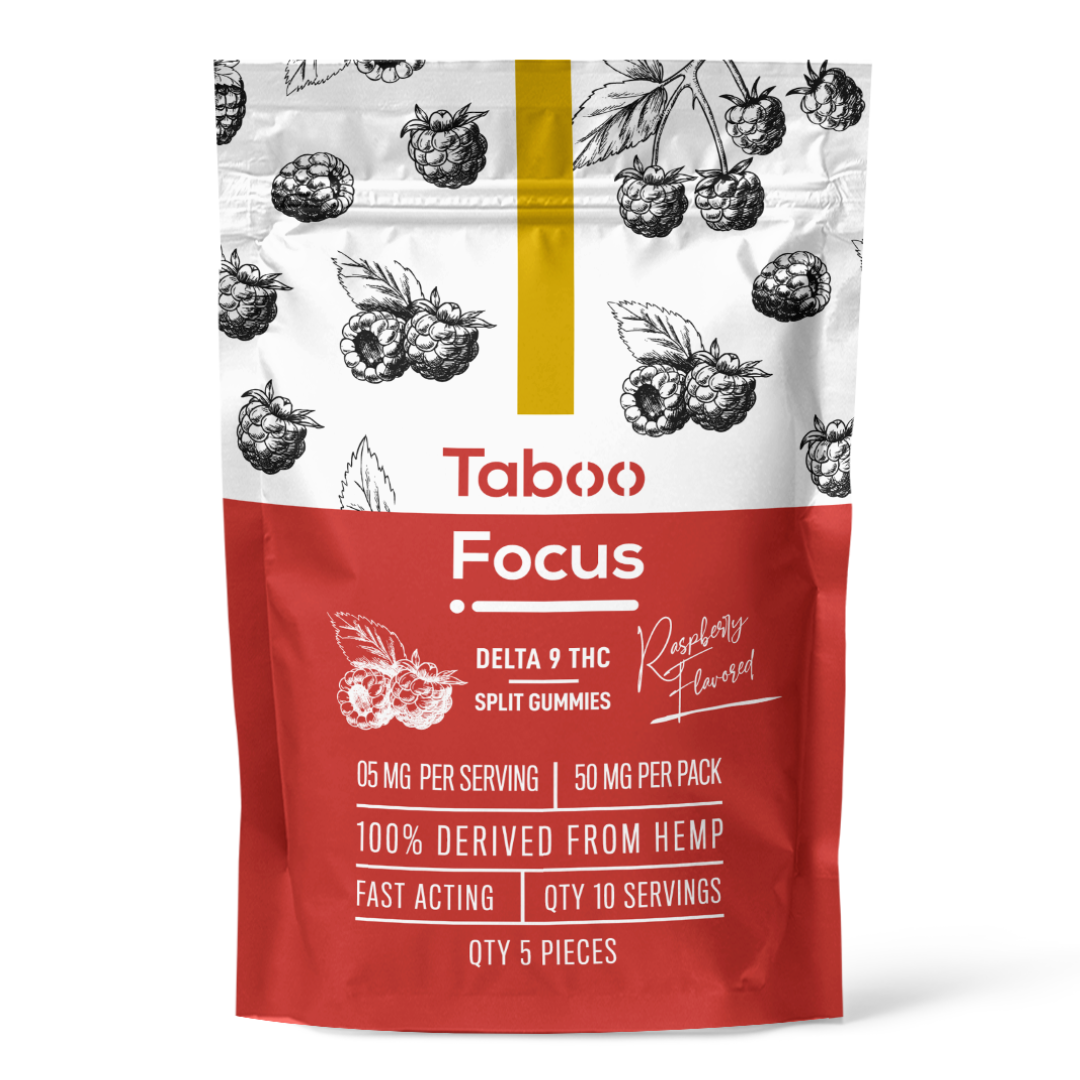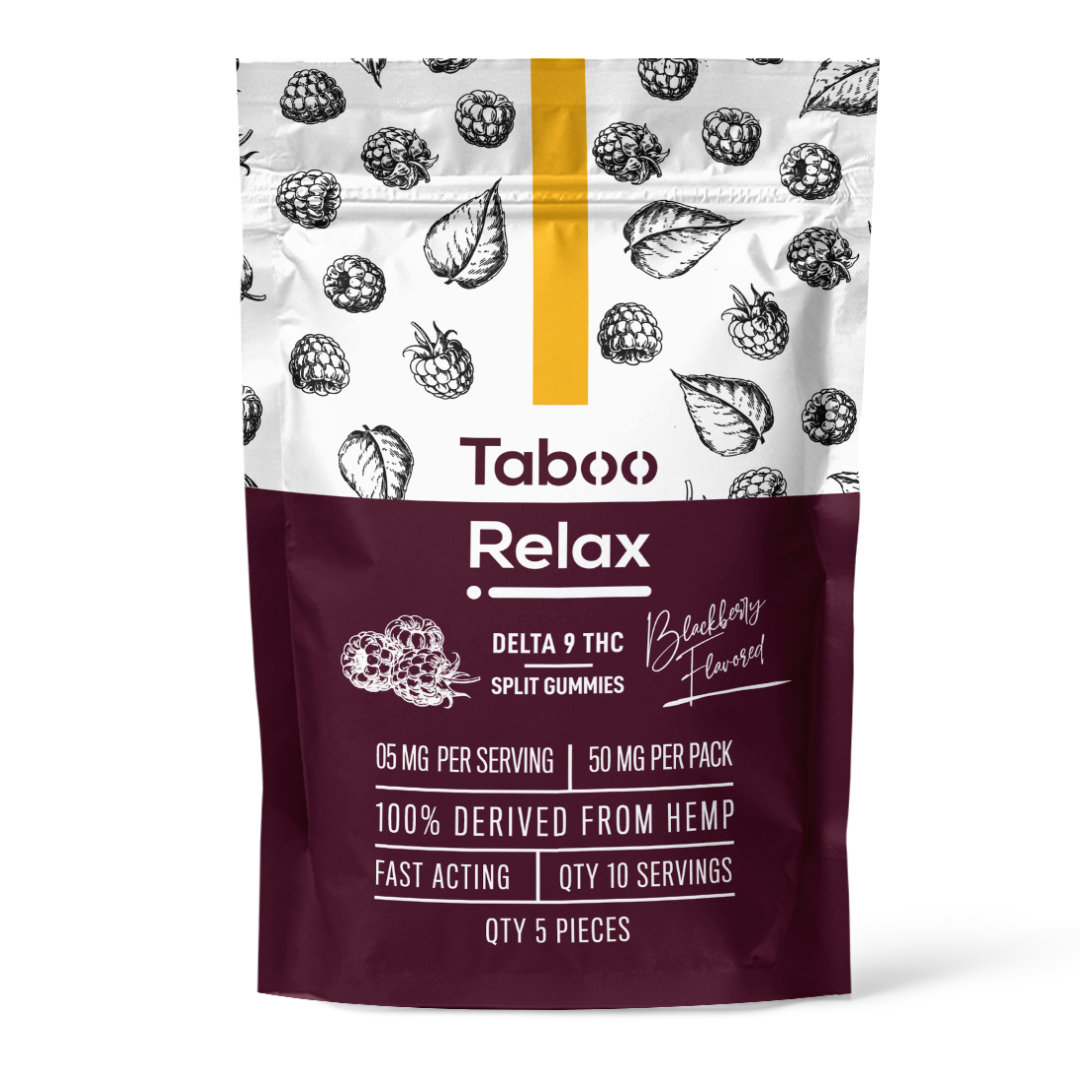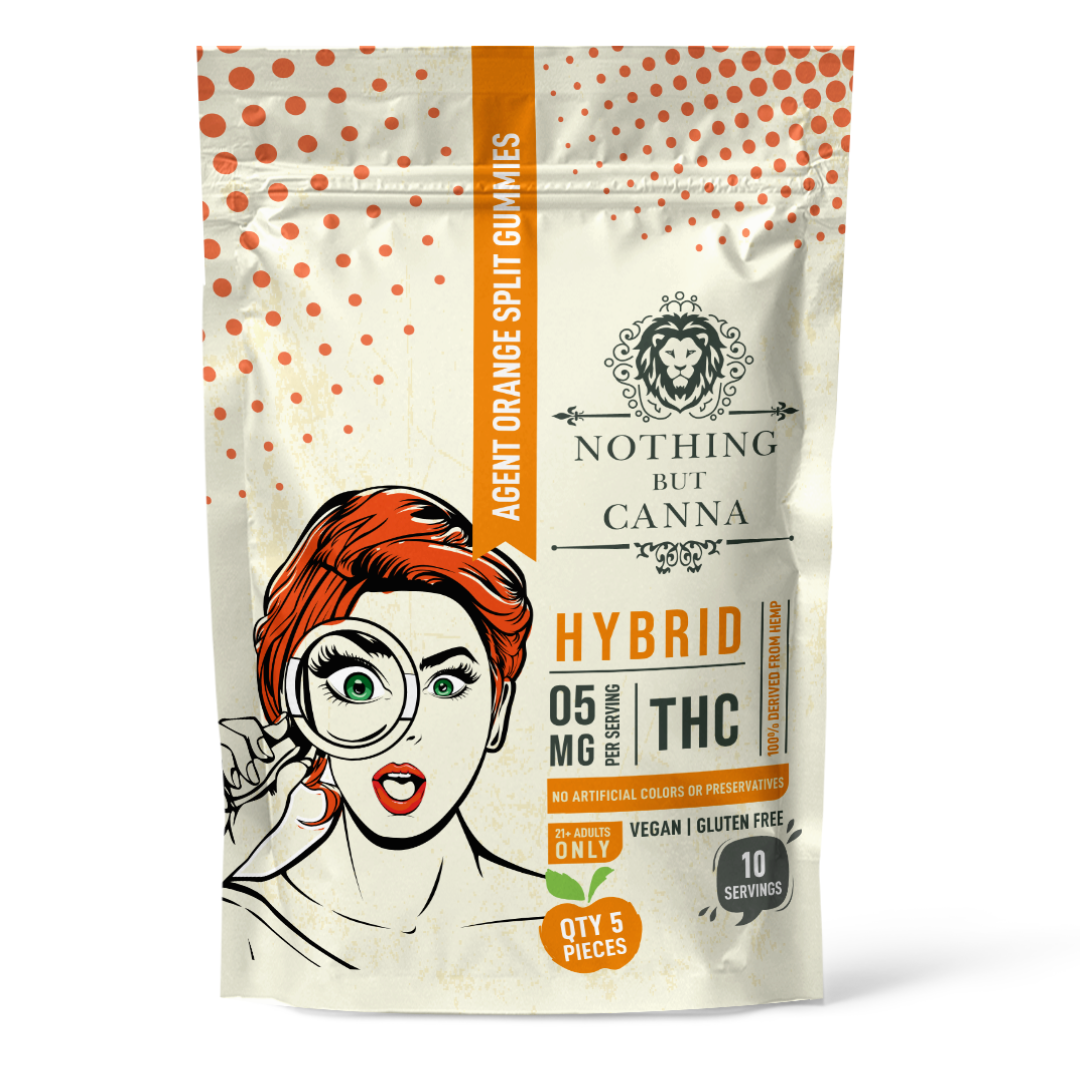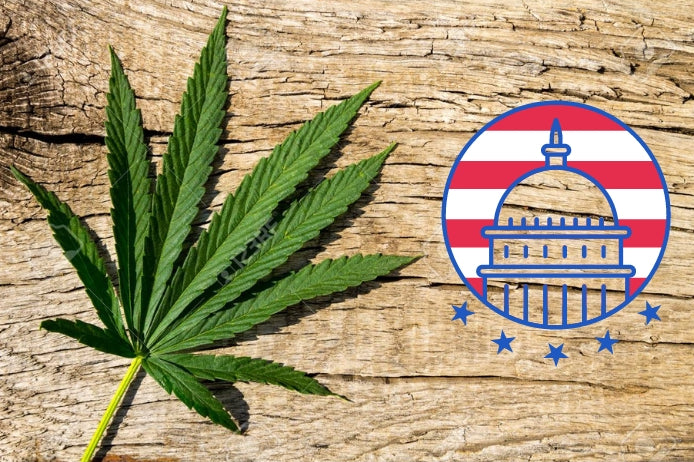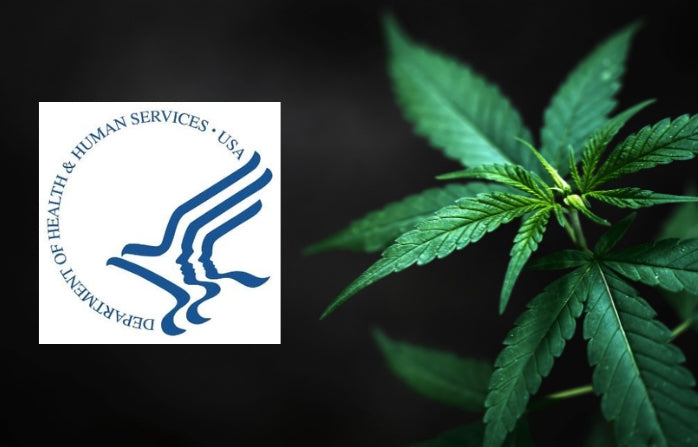The state’s top law enforcement officer is calling for reducing the tax burden crippling many small cannabis companies and fueling illegal activity.

The cost of doing business in the California marijuana industry is too high. At least, that’s what the state’s attorney general contends. As first reported by ABC23 News in Bakersfield, CA, Attorney General Rob Bonta (D) is calling for a reduction in taxes for legal and compliant cannabis businesses in California.
His comments were part of a larger message concerning launching a new state program to combat the illicit marijuana market plaguing the state’s regulatory and law enforcement communities. On Tuesday, Bonta spoke at a special event in Fresno, California, where he unveiled the California Department of Justice’s (CADOJ) Cannabis Administrative Prosecutor Program (CAPP), which will give local jurisdictions in the state CADOJ legal support in pursuing administrative actions against illegal cannabis companies.
During the announcement, Bonta pointed to the prohibitively high taxes and compliance hurdles cannabis businesses must endure as massive incentives for many operators choosing to ply their trade via the illicit market.
“The barriers to entry are too high. The costs to stay in operation are too high. And we should be lowering taxes at least temporarily. We should make the regulatory burden less than what it is while we target the illicit market that is undercutting them.” Bonta said.
"The barriers to entry are too high. The costs to stay in operation are too high. And we should be lowering taxes at least temporarily. We should make the regulatory burden less than what it is while we target the illicit market that is undercutting them.”
- CA Attorney General Rob Bonta (D)
Under the new program, municipalities will be able to enforce state cannabis laws by classifying illegal marijuana activity as a land-use or public nuisance issue, thereby allowing local jurisdictions to shut down illicit businesses in just a few weeks as opposed to the months or years it usually requires concerning civil and criminal enforcement.
Bonta also added that CAPP will be funded entirely with the fines, enforcement actions, stipulated administrative orders, settlements, and abatement liens collected as part of the program.
“Some folks believe they can avoid the tax burden or regulatory burden and just operate and make a profit without being legal. And they’ve been doing it. They haven’t been shut down. They haven’t had an administrative action taken against them. And that’s what is necessary, and that’s why this will be an important tool,” he explained.
"Some folks believe they can avoid the tax burden or regulatory burden and just operate and make a profit without being legal. And they’ve been doing it. They haven’t been shut down. They haven’t had an administrative action taken against them. And that’s what is necessary, and that’s why this will be an important tool.”
- CA Attorney General Rob Bonta (D)
In an interview with California NORML, Bonta went on to further explain the reasoning for why administrative actions were more appealing than seeking criminal penalties against unlicensed businesses.
“When public safety is at risk, we take appropriately aggressive action. But (for) low-level offenders that don’t need to be treated as criminals, when we can shut down their operations through the administrative process, we will. And this will ensure that we can uplift and support the licensed cannabis industry,” he said.
"When public safety is at risk, we take appropriately aggressive action. But (for) low-level offenders that don’t need to be treated as criminals, when we can shut down their operations through the administrative process, we will. And this will ensure that we can uplift and support the licensed cannabis industry.”
- CA Attorney General Rob Bonta (D) Interview with CA NORML
Illegal operators will be allowed to shut down their operations voluntarily if cited by law enforcement. If they do not, officials may choose to destroy the company’s unlicensed cannabis plants, forcibly shut down their business activity, and issue orders authorizing the recovery of enforcement costs.
California’s cannabis story is a cautionary tale for many states contemplating cannabis reform. Once hailed as a pioneer and role model in the legal and regulated adult-use marijuana market sector, the state is drowning in a regulatory and tax hellscape, prompting many enterprising cannabis entrepreneurs to forgo the legal route and take their chances in the largely unpoliced illegal black market.
Bonta hopes the CAPP program, along with some measure of tax and compliance relief for legal operators, will help slow the rapid expansion of illicit cannabis activity throughout the state. There is also hope that with the HHS’ recent recommendation to move cannabis from Schedule I to Schedule III on the Controlled Substances List, an end to the federal prohibition of cannabis could end sooner than expected.
If that were to happen, California’s oversupplied, overly taxed and excessively regulated marijuana industry could see a rapid and much-needed change in fortune. Until then, state leaders like Bonta will have to continue to develop strategies and programs to combat the rising tide of illegal and potentially hazardous cannabis currently overwhelming the “Golden State.”











